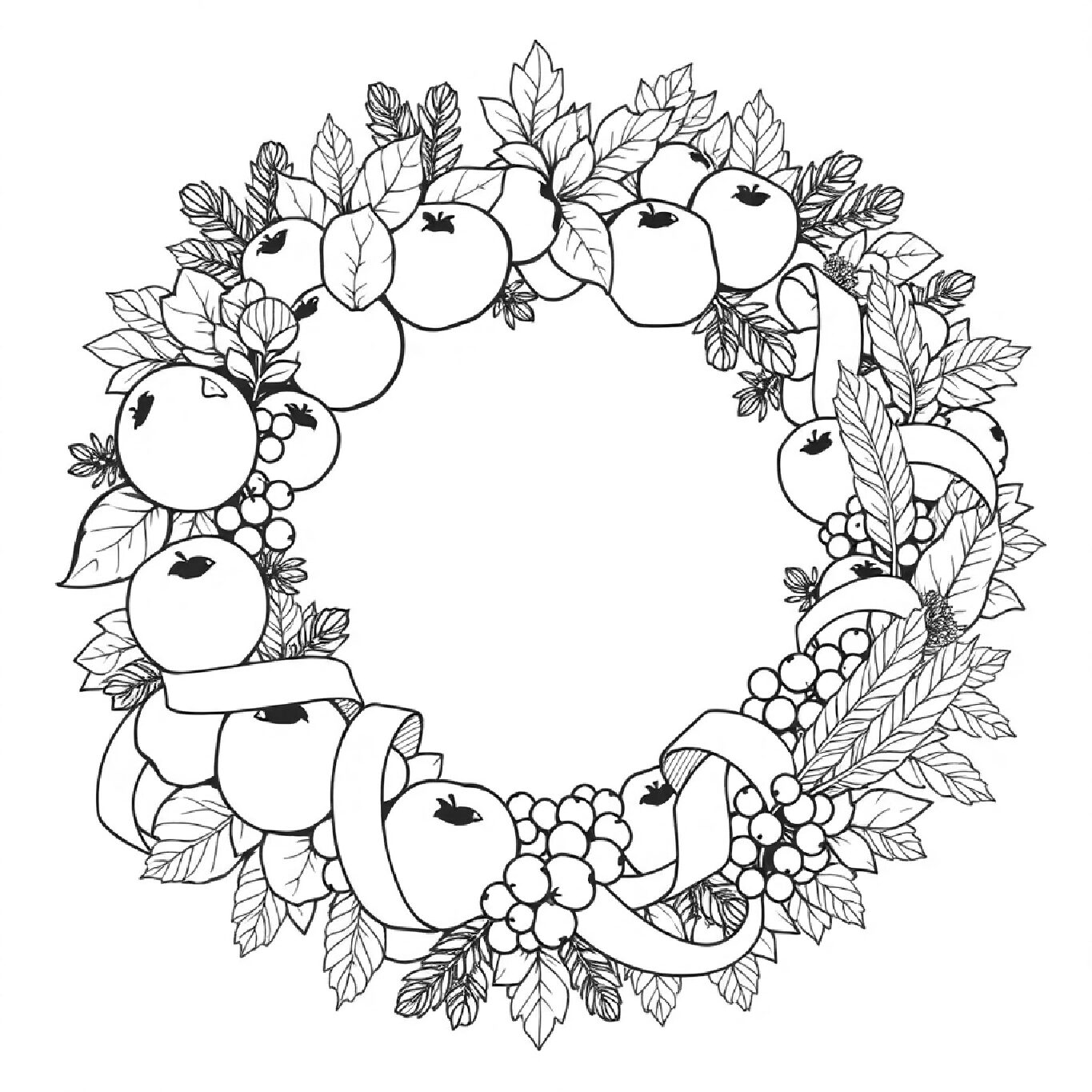Gratitude is often praised as a virtue, a simple yet profound emotion that can enrich our lives. But what if gratitude was more than just a feeling? What if it had the power to physically change our brains for the better? The emerging science of thankfulness reveals that this is not just a hopeful idea, but a tangible reality. When we practice gratitude, we are not just engaging in a pleasant emotional exercise; we are actively reshaping our neural pathways, leading to lasting improvements in our mental and emotional well-being.
At the heart of gratitude’s impact on the brain is its ability to stimulate the prefrontal cortex, the area responsible for higher-order functions like decision-making, emotional regulation, and social cognition. When we experience and express gratitude, this region of the brain becomes more active. This increased activity helps us to better manage negative emotions, such as anxiety and depression, and to cultivate a more positive outlook on life.
One of the most significant ways gratitude changes the brain is by influencing the release of neurotransmitters, the chemical messengers that transmit signals between neurons. Two key neurotransmitters involved in this process are dopamine and serotonin. Dopamine is associated with pleasure and reward, while serotonin plays a crucial role in mood regulation. When we practice gratitude, our brains release more of these feel-good chemicals, leading to a natural boost in happiness and contentment. This is why a simple act of thankfulness can have such an immediate and uplifting effect on our mood.
Furthermore, gratitude has been shown to impact the amygdala, the brain’s fear and anxiety center. In individuals who regularly practice gratitude, the amygdala shows reduced activity in response to stress. This means that a grateful brain is less reactive to negative stimuli, allowing for a more calm and measured response to life’s challenges. Instead of being overwhelmed by fear or anxiety, a grateful mind is better equipped to find a sense of peace and stability, even in difficult circumstances.
Another fascinating aspect of gratitude’s effect on the brain is its ability to promote neuroplasticity, the brain’s capacity to reorganize itself by forming new neural connections. When we consistently practice gratitude, we strengthen the neural pathways associated with positive emotions and social bonding. Over time, this can lead to a more ingrained habit of thankfulness, making it easier to access feelings of appreciation and joy. In essence, the more we practice gratitude, the more our brains become wired for it.
Studies using functional magnetic resonance imaging (fMRI) have provided compelling evidence for these changes. In one study, participants who wrote gratitude letters showed greater activation in the medial prefrontal cortex when they experienced gratitude, even months after the initial experiment. This suggests that the practice of gratitude can have long-lasting effects on the brain, creating a more enduring positive disposition.
To harness the power of gratitude for your brain, there are several effective practices. One is to start a gratitude journal, where regularly writing down what you are thankful for can strengthen the neural circuits of gratitude. Another is to express your thanks verbally to others, which can amplify its positive effects on your brain. You can also practice mindful appreciation by taking time to savor positive experiences, allowing your brain to fully register the feeling of thankfulness. Use gratitude meditations, as guided meditations focused on gratitude can help to deepen your practice and enhance its benefits.
Key Takeaway: The science of thankfulness demonstrates that gratitude is not just a fleeting emotion, but a powerful tool for positive change. By regularly practicing gratitude, we can actively reshape our brains, leading to increased happiness, reduced stress, and a more resilient and optimistic outlook on life. It is a simple yet profound practice that offers a direct pathway to a healthier and more fulfilling existence.








